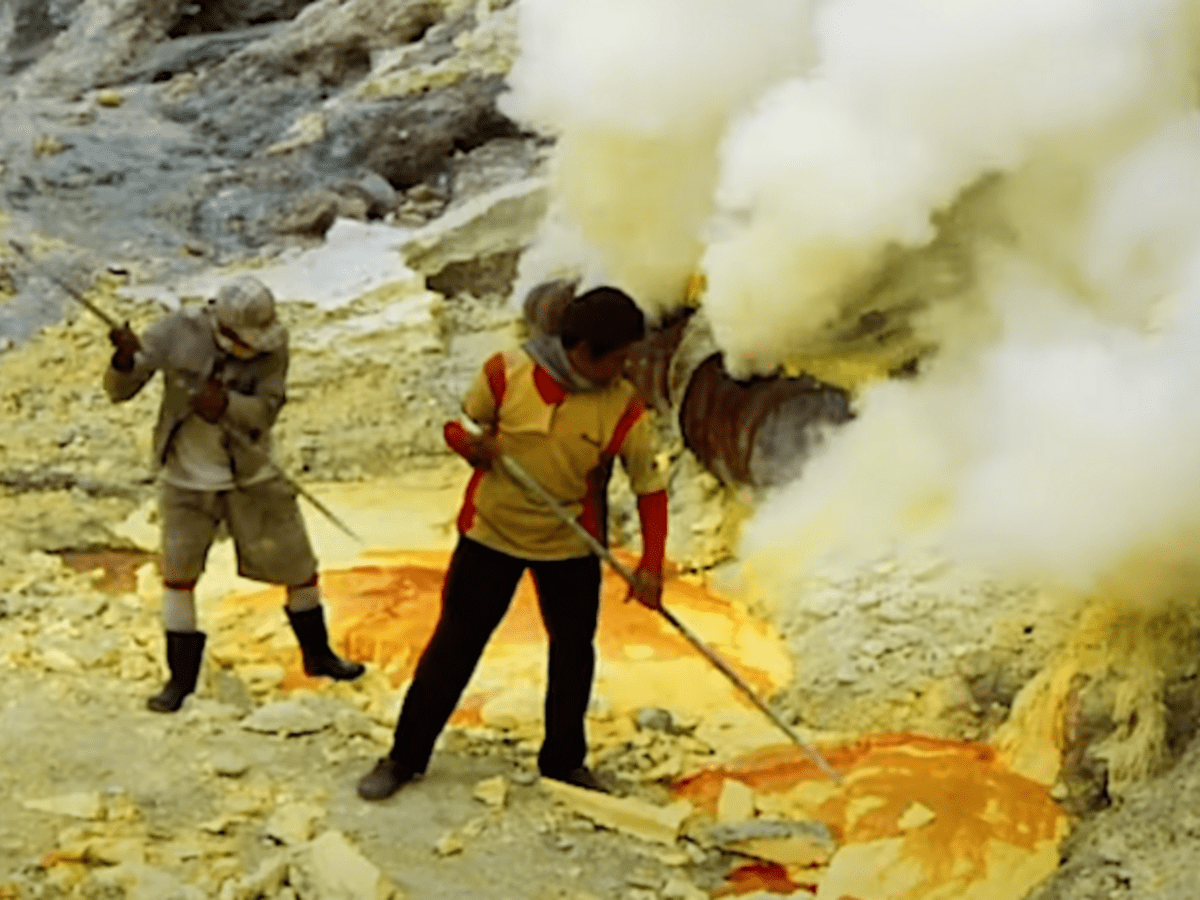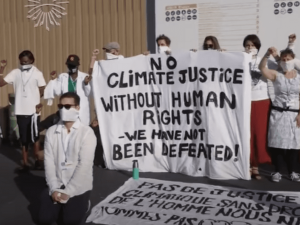A shortage of the critical minerals vital to the world’s green transition is brewing. Just as a key international energy body warns of the impending crisis, a rights group has exposed the sector’s soaring scale of human rights abuses.
IEA critical minerals: a looming shortage
On Friday 17 May, the International Energy Agency (IEA) warned of a looming shortage of critical minerals. Notably, these are materials that manufacturers use for renewable energy technologies. For instance, this includes minerals for battery and other components to produce EVs and wind turbines – such as iron, lithium, and zinc.
However, the IEA has now said that the sharp drop in prices for these minerals is masking an upcoming shortfall. Specifically, it has attributed this to inadequate levels of investment.
For example, the IEA calculated that announced projects will be able to meet only 70% of copper and 50% of lithium requirements in 2035. This applies to a scenario in which countries worldwide meet their national goals for tackling the climate crisis. Of course, both metals are key for manufacturing electric vehicles.
The IEA forecasts the combined market size of key energy transition minerals is set to more than double to $770bn by 2040 as countries target net zero emissions by mid-century.
IEA executive director Fatih Birol said in a statement that:
The world’s appetite for technologies such as solar panels, electric cars and batteries is growing fast –- but we cannot satisfy it without reliable and expanding supplies of critical minerals
However, a separate report from corporate accountability group has shed light on the toll the expansion is already wreaking on communities across the planet.
Indigenous communities and workers bear the cost
The IEA’s report tentatively applauded progress on community involvement in the critical mineral sector. However, the Business and Human Rights Resource Centre’s (BHRRC) research on Thursday 16 May hotly contests this.
The group produces an annual Transition Minerals Tracker report. This records allegations of human rights abuse for critical mineral operations. Gathering these since 2010, the BHRRC has now collated over 630 reports of alleged rights violations in the sector globally. Companies, authorities, and other perpetrators carried out nearly a hundred of these in 2023 alone.
Specifically, the BHRRC has tracked these for seven key minerals: bauxite, cobalt, copper, lithium, manganese, nickel and zinc. Companies and countries need these for renewable energy technology, and electrification of transport.
Workers and Indigenous communities bore the brunt of these abuses. Alarmingly, one in four of these allegations related to workers. A further one in four were attacks against human rights defenders (HRDs). Indigenous Peoples reported a disproportionate share of these, with 10% of cases.
Companies swimming in complicity
Damningly, the BHRRC identified that of all the companies associated with at least one allegation of abuse, only 39% have a human rights policy in place.
Of course, some companies were particularly complicit. Notably, BHRRC found that ten companies were associated with more than 50% of all allegations tracked since 2010. These include companies among the most established in the sector. For instance, mining giants China Minmetals, Glencore, Grupo Mexico, First Quantum Minerals, and Solway Group routinely featured in allegations.
On top of this, more than two-thirds of allegations were associated with just 20 companies.
Yet while companies are reaping profits at communities’ expense, these groups are also not benefitting from the global green transition.
Adam Anthony, from financial transparency group Publish What You Pay said companies were rushing to Africa to dig up critical minerals but there was little to show for that on the ground.
For example, Tanzania is extracting manganese and graphite. However, he pointed out that it is producing none of the higher-value green tech items like electric cars or batteries that need these minerals. As such, Anthony argued that:
When we talk about critical minerals, it is also very important to ask – who are they critical for? We don’t receive any value from the extraction at the moment.
IEA’s warnings should prompt “urgent action” on human rights
In light of its report, the Canary spoke to the BHRRC on the IEA’s findings. Caroline Avan is head of natural resources and just transition at the Business & Human Rights Resource Centre. She told the Canary that:
The IEA’s warning of a looming shortage should prompt even more urgent action to ensure any new mining is done in a way that respects communities’ and Indigenous Peoples’ rights. It is indisputable that we need transition minerals, but policies for demand reduction in new mining are insufficient. We must not – and we don’t need to – forget about human rights in the fight against climate change.
Avan also highlighted the IEA’s advice that companies and countries should shift emphasis to mineral recycling to meet the growing demand. She said:
As the IEA notes in their Global Critical Minerals Outlook, published today, ‘stepping up efforts to recycle, innovate and encourage behavioural change is vital to ease potential strains on supply’.
Notably, the IEA has estimated that some $800bn of investment in mining is required by 2040 to put the world on track to limit global warming to 1.5 degrees Celsius from pre-industrial levels. However, it warned that:
without the strong uptake of recycling and reuse, mining capital requirements would need to be one-third higher.
For instance, a UN report in October 2023 calculated the waste of critical minerals from disposed electronics. Significantly, the world squanders nearly US $10bn in critical minerals through these. Instead of ramping up extractive, environmentally destructive mining that harms people and the planet, countries could invest in better recycling infrastructure for the green transition. Avan concluded that:
New extraction should not come at the expense of local communities and their environment. We need an energy transition that is fast, but also fair.
In short, as countries scramble for these vital minerals to power their green transition, workers, Indigenous People, and local communities should not be put in the crosshairs.
Feature image via International Energy Agency – YouTube
Additional reporting by Agence France-Presse




